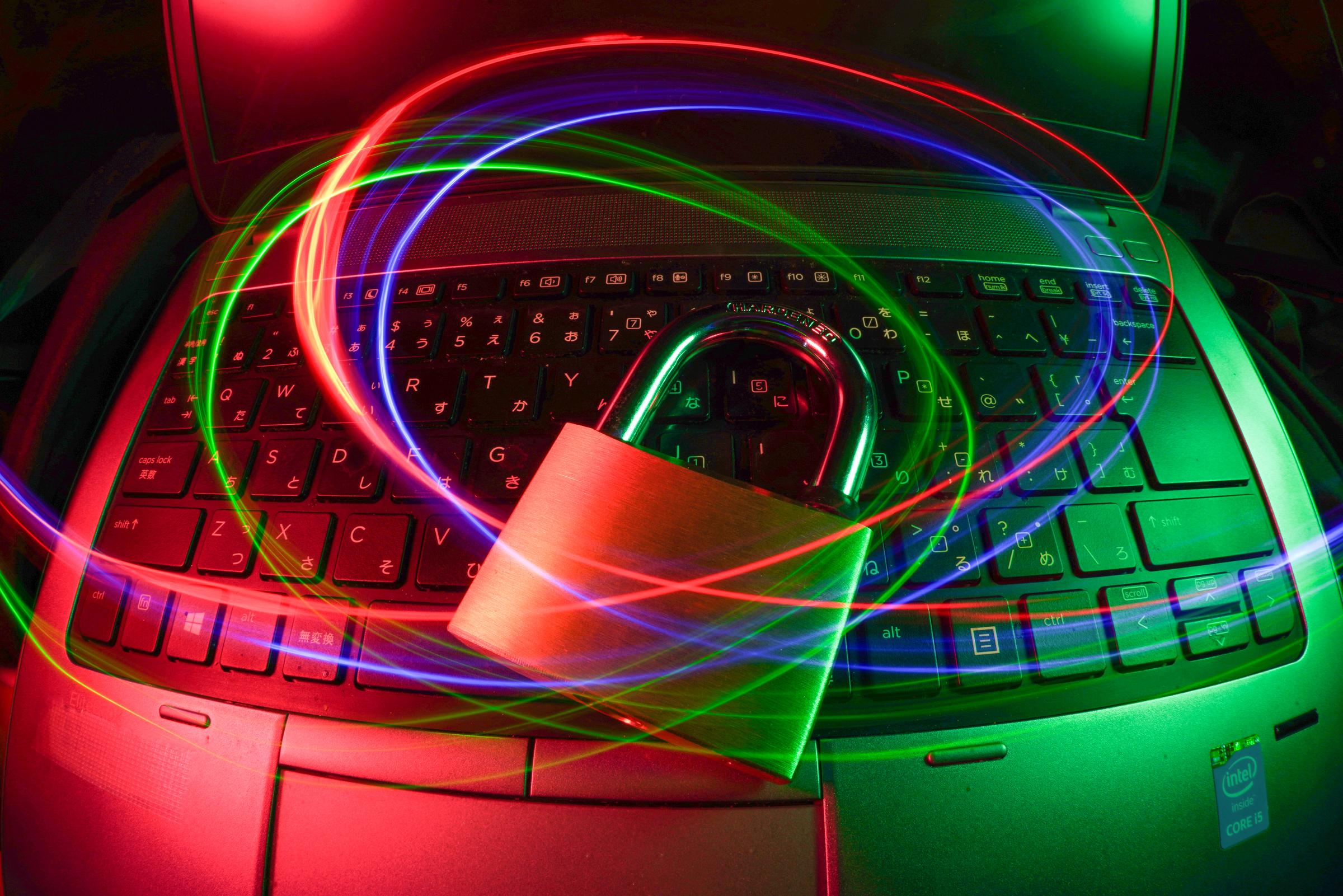Cyberbullying

Whilst technology has had many positive effects on how we live our lives, there are risks and pitfalls to spending more time online that students, parents and carers need to be aware of. This week our focus is on cyberbullying.
Mordialloc College does not tolerate cyberbullying, alongside any other form of bullying, as outlined in our College policies and Student Acceptable Use Agreement. We actively monitor student use of school-provisioned online services, and we block access to non-educational online services at school. I’d like to take this opportunity to remind students and families that use of VPNs and hotspotting is not permitted at school.
Outside of school, students interact with many other online services. In many cases, students are using these services to support their learning and wellbeing by interacting with friends and classmates. However, online services can be a vector for cyberbullying, unwanted contact and inappropriate content.
While we will always support our students, follow through with disciplinary action if perpetrators can be identified, and if necessary, refer issues onto the Police or other relevant authorities, we do not have control over external online services.
If students are involved in an online incident, we encourage students to:
- Ask others involved to stop
- Resist the urge to respond
- Screenshot, report and block on the platform (the eSafety Guide has lots of links for reporting)
- If the content is still up after 48 hours from reporting, report to the eSafety Commissioner.
- Seek help from a trusted adult
More information can be found in the eSafety Commissioner’s guide for young people.
We strongly encourage parents and carers to discuss with their students what apps and services they use, and make sure that they are aware of how to get support if they have negative experiences. To support parents and carers in having these discussions, the eSafety Commissioner has a range of resources for both students and parents. Of particular use is their guide to “hard-to-have conversations”, and the eSafety Guide, helping you stay up to date with the latest apps, games and social media services, what they are used for, and any features to help your student stay safe while using them.
The eSafety Commissioner ‘s parents webinar program is focusing on digital technologies and mental health in October, with sessions on 12/10 from 7.30pm to 8.30pm, 17/10 from 12.30pm to 1.30pm and 27/10 from 12.30pm to 1.30pm. You can register here.
Simon Belluzzo
Learning Specialist - Director of STEM
